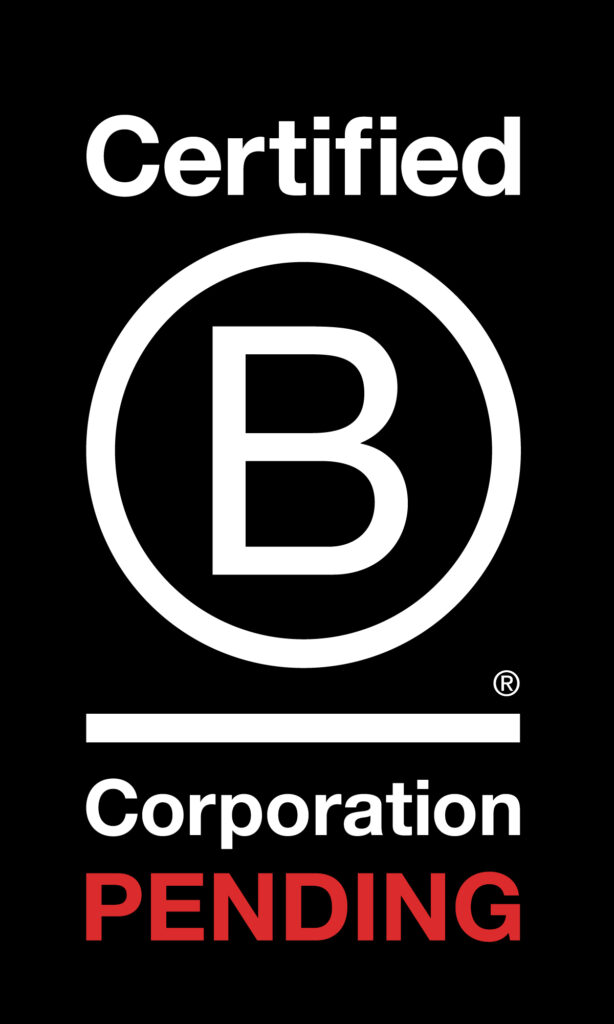If you are a non-U.S. company with investments or operations in the United States or if you are a U.S. business with foreign shareholders (including the ultimate parent of a U.S. shareholder), you may be subject to mandatory filings with the Bureau of Economic Analysis (BEA). Understanding these requirements is crucial to avoid penalties and ensure compliance with U.S. regulations.
What Is a BEA Filing?
The BEA, part of the U.S. Department of Commerce, collects data on U.S. companies to assess the extent of foreign-owned business activities and their effect on the U.S. economy. The filings are confidential and used for statistical purposes only, but failure to comply can result in significant penalties.
Who Must File?
Foreign entities that own a U.S. business, or U.S. entities with foreign ownership or affiliates, may be required to submit BEA reports. Key filings include:
| BE-13 – New or Increased Investment | BE-605 – Quarterly Survey | BE-15 – Annual Survey |
| Required for each U.S. business enterprise when a foreign entity: acquires a direct or indirect voting interest of at least 10% in a U.S. entity, ORestablishes a new legal entity in the U.S. (including a new subsidiary of an existing U.S. affiliate) or expands the operations of an existing U.S. entity, ORacquires real property in the U.S. for various purposes | Required for: Each directly owned U.S. affiliate with assets, sales, or income > $60 millionEach indirectly–owned U.S. affiliate with an intercompany debt balance with the foreign group | Required for each U.S. business enterprise owned or controlled, directly or indirectly, by a foreign person or entity at the end of each fiscal year. |
Note:
- An acquisition of a U.S. entity by another U.S. entity may be reportable if the acquiring entity has one or more foreign shareholders that hold 10% or more of its equity.
- Form BE-13 reports are required regardless of whether the filer is contacted by the BEA, while companies are required to file a BE-605 or BE-15 only if they have been contacted by the BEA.
- In addition, to the above filings, the BEA conducts a benchmark survey every five years through Form BE-12. Other filings can also be required.
Are There any Exemptions?
Not every transaction or investment triggers a BEA filing. Thresholds and exemptions vary based on the type of filing. For example:
- BE-13 Exemption: If a foreign entity’s investment in a U.S. business is less than $3 million, or if the projected total cost to establish and fully operationalize a newly formed entity is less than $3 million, a full BE-13 filing is not required unless and until that threshold is reached. Note, however, that a BE-13 Claim for Exemption form should be filed for investments that meet all filing criteria except that the amount of the investment is below $3 million.
- BE-605 and BE-12 Exemptions: Certain transactions below specified monetary thresholds or those involving passive investments without operational control may be exempt.
It’s important to review each filing’s detailed instructions to determine if an exemption applies.
Which Forms Need to Be Filed?
BEA filings often have multiple forms, each with specific requirements based on the size and structure of the investment. For example, the BE-12 survey includes four different forms (BE-12A, BE-12B, BE-12C, and BE-12 Claim for Not Filing), and selecting the correct one depends on the nature of the foreign ownership and the financial details of the U.S. business. Determining the right form requires careful analysis of the facts and circumstances of each investment.
When Are BEA Filings Due?
Each filing has different deadlines, often tied to the date of the transaction or fiscal period. For example:
- The BE-13 must be submitted within 45 days after a new investment is completed, a new legal entity is established, or a reportable expansion has begun.
- The BE-605 is due within 30 days after the end of each quarter.
- The BE-15 is due by May 31 of each year.
Keeping track of these timelines is essential to avoid compliance issues.
Penalties for Non-Compliance
A failure to comply with BEA filing obligations can result in civil and, in the case of willful non-compliance, criminal penalties, including for any officer, director, employee or agent of the company who knowingly participates in the non-compliance. The BEA actively monitors the financial press to identify reportable transactions by foreign investors and may proactively contact investors or entities that may have failed to make a required filing.
How We Can Help
Navigating BEA filing requirements can be complex. ImpactGC provides fractional general counsel services and transactional legal advice tailored to businesses with cross-border operations. We assist clients in identifying filing obligations, preparing reports, and maintaining compliance.
If you need guidance on BEA filings or other regulatory matters, contact us to learn how we can support your business.
***
At ImpactGC, we offer tailored legal solutions for your growing business.
This article is intended to provide general information about the CTA and does not constitute legal advice. We encourage you to consult with an attorney for advice based on your specific circumstances. This article does not create an attorney-client relationship between ImpactGC and you or your company, or create any duties to provide advice with respect to the CTA. ImpactGC is not responsible for updating you or your company about developments regarding the CTA.












